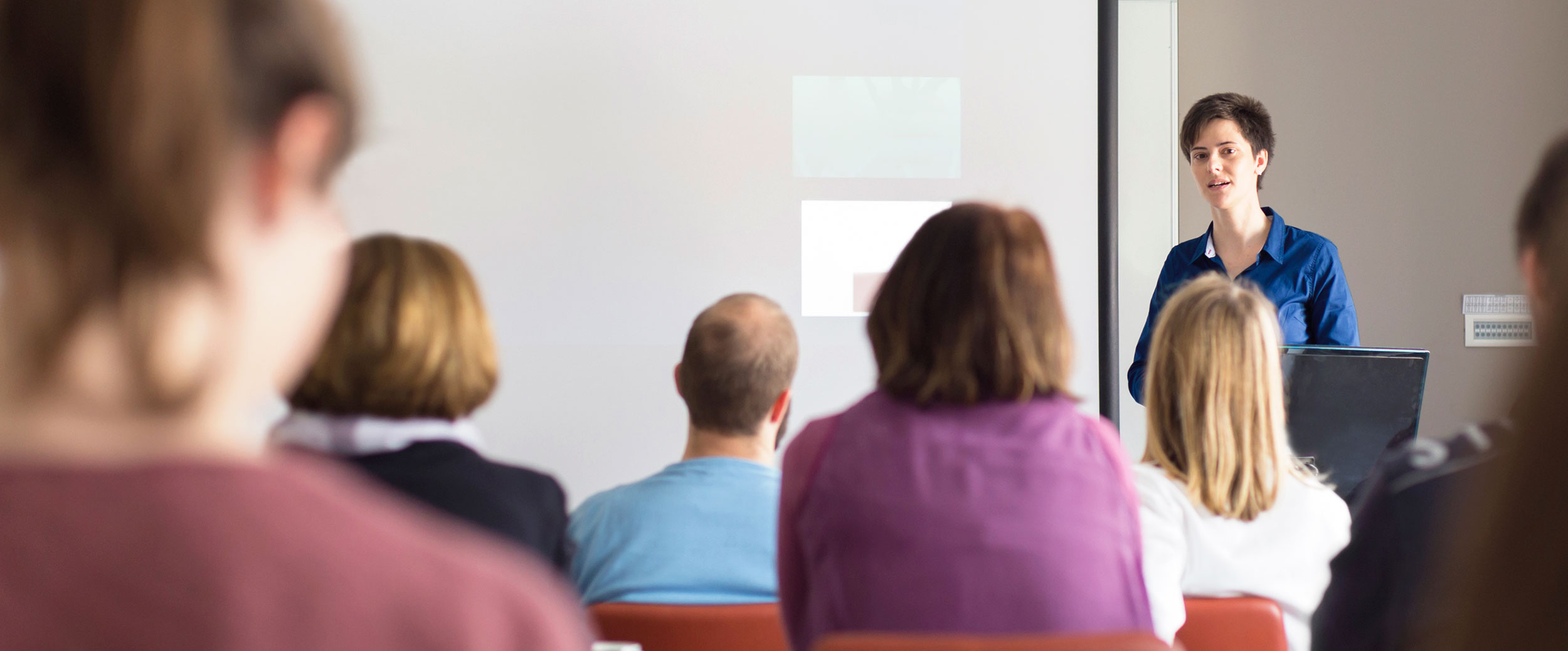Social disparities in track choices are a well-known mechanism for the intergenerational reproduction of inequality. School guidance may help reducing such disparities by narrowing information gaps and by reducing the family influence on students’ decision making. We investigate the potential equalizing role of guidance programs by analysing an intervention carried out in Italy, where students are tracked at age 14 and teacher recommendations are non-binding. The intervention took place in 2018 in the city of Turin and involved 40% of all eighth-grade students, shortly before their transition from comprehensive to tracked education. The students attended four two-hour sessions designed to provide them with information about the educational system and related job market opportunities, and to raise their awareness of their aptitudes and inclinations. We expected the programme to be of particular benefit to low socio-economic status (SES) and migrant students and thus to reduce social gaps in track choices. We adopted a mixed-method research design: with quantitative analyses based on a combination of propensity-score-matching and differences-in-differences techniques, we compared the outcomes of comparable students from the 2017 and 2018 cohorts who were or were not exposed to the intervention in order to assess its impact on inequality; additionally, we use qualitative non-participatory observation to unveil the actual content and implementation of the program and the behaviour of the key actors. We find that while the program contributed to reducing indecision, probably by compelling students to reflect more carefully about their decisions during this crucial transition, it did not have any major effect on social inequalities. Results from the qualitative analysis help us shed light on the mechanisms at play behind this lack of effect. In particular, the heavy emphasis placed on current achievement records, dropout risks, and (short-term) labour-market outcomes may counteract the equalizing potential of the program by pushing low-SES and migrant students towards vocational tracks.
Date
11.5.2022
, 11:00 - 12:00 Uhr
Speaker
Prof. Camilla Borgna, PhD,
Collegio Carlo Alberto (University Turin)
Venue
Until further notice, the lectures will be transmitted via Skype-for-Business. If you are interested, please register with a short mail to IAB.Colloquium@iab.de.

